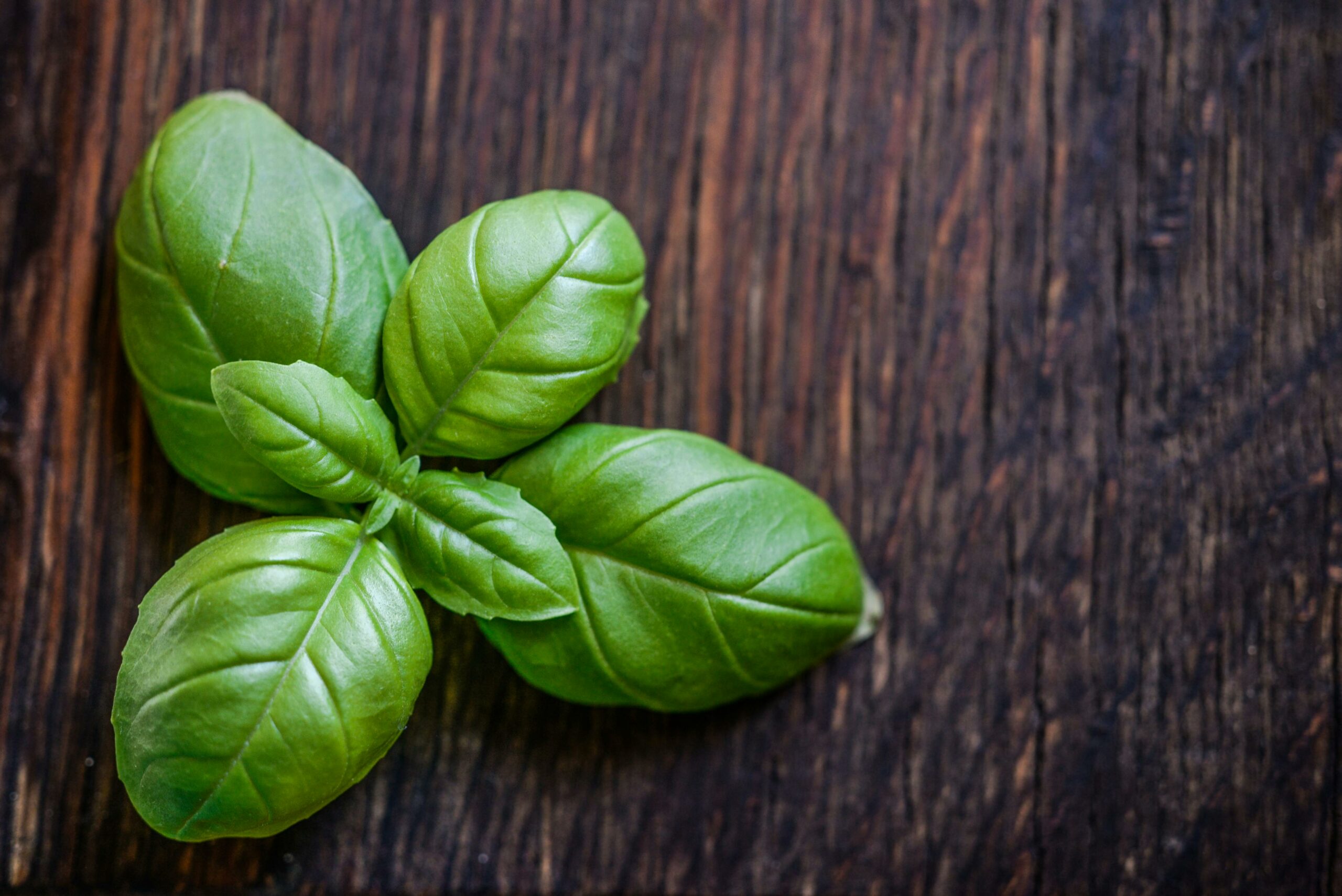Ravensara Essential Oil: Something to Rave About?

Recently I found myself looking to alternative means of treatment for a variety of common illnesses such as colds, the flu, headaches etc. I was tired of spending money on medicine that would leave me sluggish and drowsy. Plus, some of the medicine raised my chances of getting sick by lowering my natural probiotic count – antibiotics, in this case. One of the most effective treatments I stumbled upon during my research was Ravensara oil.
Indigenous people have been hailing it as a natural cure-all for hundreds of years. And modern medicine still uses it as a treatment for a variety of ailments and illnesses. This is also one of the times something is as good as it sounds. And I’ll explain exactly why in the rest of the article.
What Is Ravensara Essential Oil?

Bottle of ravensara oil.
What is ravensara essential oil? It’s produced from the leaves, small twigs, seeds, and the bark of the Ravensara aromatica tree, which is native to Madagascar. The tree can be cultivated in subtropical areas and regions. But it cannot withstand harsh cold. Therefore, the oil is hard to produce in large quantities.
The grade of oil suitable for medicinal use can only be produced from two types of trees in the genus. These are the Ravensara aromatica and Cryptocarya. So finding a reliable and affordable supplier of this oil isn’t easy.
The oil is produced through steam distillation. To produce steam-distilled essential oils, the organic parts of the tree are crushed and placed in a chamber. This chamber connects to a separate chamber that contains water. You must then heat the water to produce steam. That steam travels through a tube and fills the chamber which contains the organic matter.
The phytonutrients and chemical compounds are evaporated from the organic matter. They form a vapor that passes through a smaller tube into a final cooling chamber. The vapor cools and condenses to form droplets. They gather at the base of the chamber and form a concentrated liquid. This is the essential oil. Steam distillation is one of the oldest methods of producing essential oils. People still use it because it produces the highest grade of oil.
What Does Ravensara Essential Oil Smell Like?
Are you wondering what ravensara essential oil smells like? It’s similar in terms of smell and medicinal properties to that of eucalyptus or tea tree oil. It has a musky, woody odor that is also lightly floral and quite distinctive. Many have described it as being similar to the smell of nutmeg. The seeds of the ravensara are actually known as Madagascar nutmeg or clove nutmeg. You can use them in many of the same ways as nutmeg for culinary purposes.
In terms of blending, I would recommend using ravensara essential oil with either eucalyptus or tea tree. This will strengthen its natural healing properties. Or you can use it with other, more floral oils such as ylang ylang or lavender oil for aromatic purposes – especially when utilizing the oil as a topical treatment.
Top 5 Uses For Ravensara Essential Oil
1. Hair

Woman with healthy hair.
For the most effective treatment on your hair and scalp, I recommend blending Ravensara oil with both eucalyptus or tea tree oil as well as orange oil. The combination helps remove and suppress excessive sebum oil released by your scalp. This sebum can lead to clumpy, oily hair.
The oils have natural citric acid and limonene. This means that they can cut through the oil and unclog the pores in your scalp. So your hair can receive more nutrients and the individual follicles have a stronger grip, slowing and ultimately preventing hair loss.
I recommend using the oil in either spray form or as part of a hot oil treatment.
To create an antibacterial, natural hair spray out of the oil, all you need is a plastic sprayer. Mix 20 drops of Ravensara oil with 10-15 drops of another essential oil of your choice. Then add 3 tablespoons of canola, olive or castor oil, and stir well. Now add half a teaspoon of pure lemon juice and some water and stir again.
You can spray the oil onto your hair after showering and let it sit throughout the day. But remember to rinse your hair at least once a day with warm water or an herbal shampoo to remove excess oil.
For the hot oil treatment, simply heat a pan (not too hot) and add two tablespoons of your preferred carrier oil. I’d recommend coconut oil, but the other 3 I listed before will work too. Now add 10-15 drops of the Ravensara oil and up to 6 drops of another essential oil of your choice. Stir the oils so that they blend well and then take the pan off the heat. The oil should be warm when you apply it, but not hot!
Apply it after having a warm shower so that your hair is soft, moist and free from any dirt, oil and debris. Massage the oil into your scalp and then run your fingers down your hair. Once you’ve coated your hair with the oil, wrap it with some plastic wrap and allow the oil to sit for 30-60 minutes. Then simply remove the towel and rinse the oil from your hair with warm water. You may also use your natural shampoo here again, or a normal conditioner. After even the first application, your hair should have more body, feel stronger and have a better sheen.
2. Skin
The same properties that make Ravensara essential oil suitable for removing the excess oil and debris on your scalp also make it suitable for treating oil and condition skin types. Often, our pores get blocked and clogged with excess sebum oil and dead skin cells. This blockage leads to inflammation and blemishes that can worsen acne-prone skin.
Using the oil as a natural skin toner works best at removing the oils and debris that lead to blockage. To apply the oil to your face, I recommend using a clean cotton swab and adding 3 drops of oil to the swab. You should exfoliate and rinse your face before applying the essential oil. To do so, simply wipe your skin with the swab and then let the oil soak into your face. This will help kill any germs or bacteria that worsen inflammation. It will also moisturize your skin and keep those pores clean.
3. Anxiety

Deep breathing can relieve anxiety.
When trying to deal with your anxiety, the last thing you need is more anxiety! So, I recommend a variety of natural treatments for anxiety. This includes exercise, maintaining a balanced diet, and expressing your feelings to someone you can trust. It also involves using all-natural sedatives and essential oils to treat your anxiety when it’s at its worst.
To effectively use Ravensara oil for anxiety, I recommend adding 8 drops (along with 3-4 drops of tea tree oil) to a pot of boiled water. Cover the pot (and your head) with a towel to create a steam-tent and breathe in the steam. Make sure you keep your eyes closed and do this for at least 5-10 minutes at a time. The oil will help to relax your muscles. This will decrease the swelling in your brain as well as stimulate the release of dopamine – a chemical that makes us feel happy. Although it might take a little more time than simply popping a pill, it’s a far safer and more effective means of treating anxiety and stress in the long run.
4. Antioxidant
The high content of limonene, methyl chavicol, and linalool found in Ravensara oil extract makes it a potent natural antioxidant. This means that the oil can help remove any toxins or harmful bacteria from your skin’s surface. You can also (in small, regulated amounts) ingest it. This lets it kill off any bacteria that might lead to internal infection or illness, as well as helps remove any free-radical molecules from your system before they can harm your body. To explain, free radicals are chemical compounds that occur in our bodies (or on the surface of our skin) for a number of reasons. These include exposure to the sun’s harmful UV rays, certain medications we may be taking, or even the food and alcohol we consume. Little is still known about these molecules other than that they exist and that they may be linked to healthcare concerns.
Antioxidants can be helpful in containing and extracting these molecules before they bind with our cells. They can help prevent serious illness and ailments and even slow the signs of aging when used continually by young adults or those heading into middle age.
5. Antifungal
This is one of Ravensara essential oil’s most common uses. Its antifungal quality is the main reason why it formed such an important basis of natural healing for the indigenous people of Madagascar. And it’s largely why people still use it in modern medicine today. The oil is a natural antiseptic and antibacterial agent. This means that you can apply it topically to the skin in order to kill off and remove any bacteria that could lead to or worsen fungal infections such as athlete’s foot. And it’s easy to combine with other oils, creams or sprays.
I would highly recommend carrying some of this oil in your gym bag if you exercise regularly. It can double up as a natural deodorant. And it can even relieve joint and muscle pain, as it’s a natural analgesic – which means it helps relieve pain. So not only will it keep you clean and smelling fresh, but it’ll allow you to stay on top of your game when you’re getting a workout or training for that big race.
Conclusion
This really is a natural cure-all and one of the few things in life that’s as good as it sounds. It’s safe and non-toxic, so you don’t have to worry about any poisonous fumes or skin irritation that may occur from using the oil on a regular basis. However, as a rule of thumb, we always recommend that you patch test the oil for a few days before applying it regularly. This is just to make sure that you aren’t allergic to it. Although this is rare, it’s better to be safe than sorry.
I would also recommend that you seek the advice of a medical professional before using this oil during pregnancy or on a child under the age of 6. The oil is quite potent and might have an effect on your child in the womb. Or it could form a rash on a young child’s skin. Again, this generally depends on allergies and skin types. The oil is considered safe for all in regulated, small doses. But we wouldn’t want you to have a bad experience and be turned off of essential oils or natural products altogether. Basically, though, essential oils are much safer than traditional pharmaceutical treatments. So compared to that, you’ve got nothing to lose and a lifetime of good, affordable health to gain!


